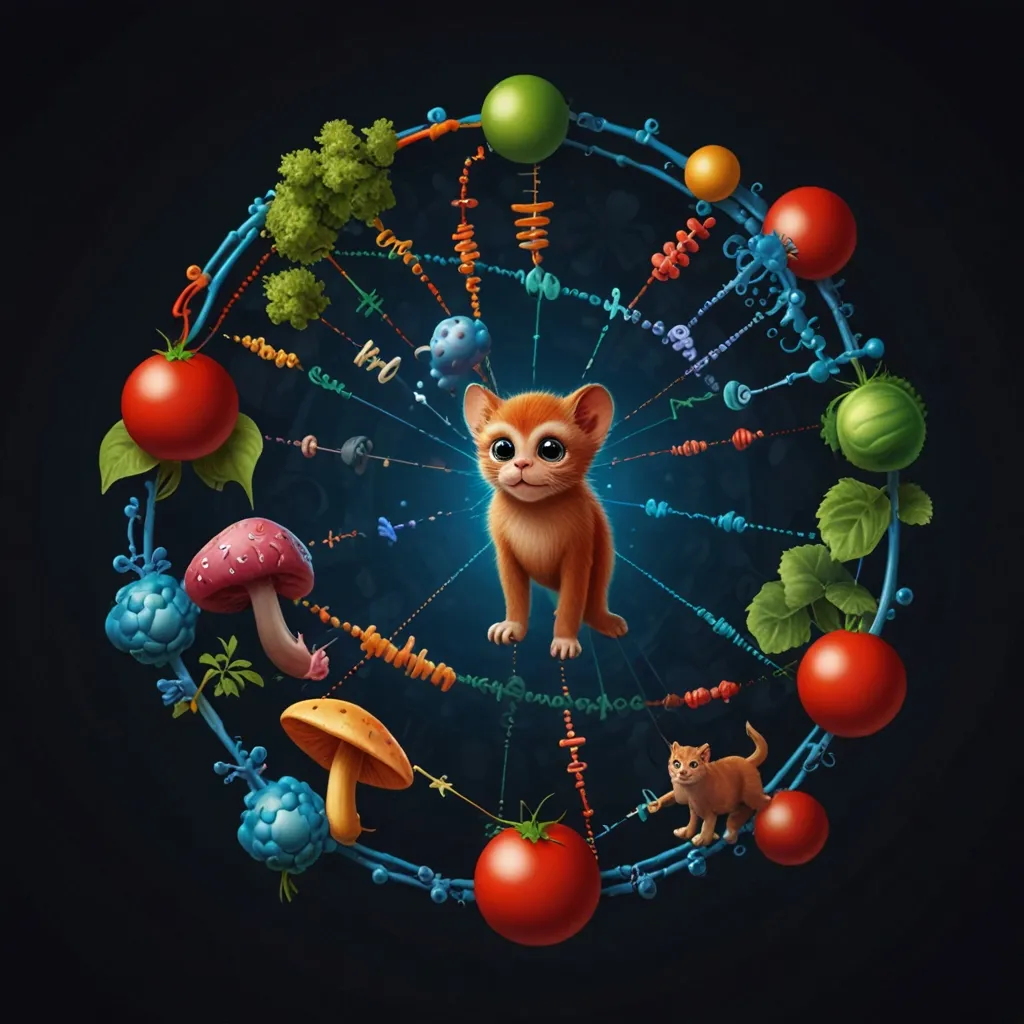The fusion reactions occurring inside stars, like our Sun, are the reason certain particles are so abundant. When the Sun fuses hydrogen into helium, it’s a multi-step process that ultimately converts four protons into a helium nucleus. This nucleus consists of two protons and two neutrons. During this reaction, two positrons and two neutrinos are produced.
You might wonder why we don’t get bombarded with streams of positrons just like we do with neutrinos. The answer lies in the behavior of these particles. Neutrinos hardly interact with anything, so they pass through the Sun and reach Earth almost undisturbed. Conversely, positrons, which are the antimatter counterparts of electrons, get annihilated almost instantaneously by electrons in the Sun’s plasma. This annihilation produces high-energy photons, also known as gamma rays.
However, by the time these gamma rays escape from the Sun’s core, they have transformed into mostly visible light. This is why we experience sunlight rather than streams of positrons or gamma rays. And honestly, we should be grateful for this, as visible light is far more beneficial and less harmful to life on Earth.






